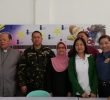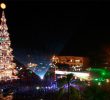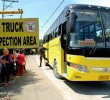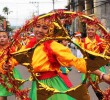One of the framers of the 1987 Philippine Constitution said the proposed Bangsamoro Basic Law provides enough powers for self-determination within the bounds of the Constitution.
Atty. Christian Monsod, who is also a former chairman of the Commission on Elections (COMELEC), said “When we look at the BBL, we must look at the vision, spirit, core principle. If we are going to have a new social order as mandated by the 1987 Constitution, then we must start with these areas (Muslim Mindanao and Cordilleras) that are most failure in terms of human development, oppression and neglect for centuries because of armed conflicts,” he said.
The former chair of the 1986 Constitutional Commission also said that the unreasonable opposition to the Bangsamoro even extends to the proposed form of government for the new political entity, which under the BBL would be parliamentary. Monsod noted that there is “no prohibition in the Constitution for LGUs to have a parliamentary set-up.”
Article X, Section 18 of the Constitution provides that an organic act “shall define the basic structure of government for the region consisting of the executive department and legislative assembly, both of which shall be elective and representative of the constituent political units.”
The Bangsamoro Assembly, as stated in the BBL, would be composed of district seats and sectoral members to be elected by Bangsamoro voters. Reserved seats have been allocated for some sectors such as women and the indigenous people. The head of the Bangsamoro government would be the Chief Minister, who would be elected among the members of the Bangsamoro Assembly. The Chief Minister would be assisted by a Cabinet composed of members of the legislature, most of which would come from the assembly.










